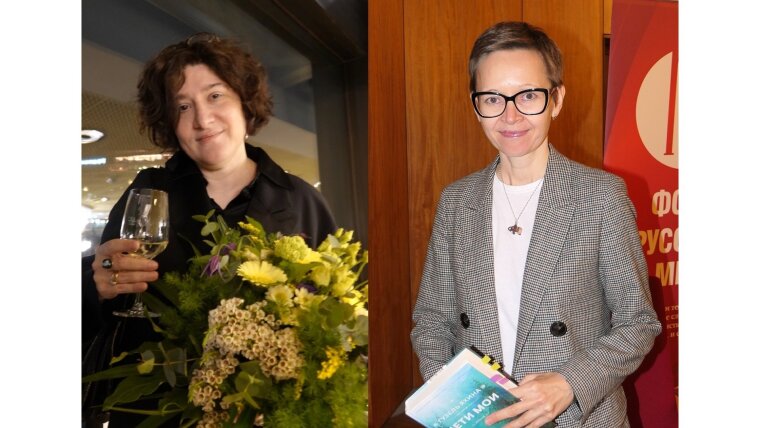
Veranstaltungseckdaten
- Beginn
- Ende
- Veranstaltungsarten
- Gastvortrag
- Ort
-
Carl-Zeiss-Str. 3, SR 129
07743 Jena
Google Maps – LageplanExterner Link - Referent/in
- Prof. Dr. Danijela Lugarić (Zagreb, Kroatien)
- Veranstalter
-
Institut für Slawistik und Kaukasusstudien
- Ansprechpartner/in
-
Prof. Dr. Andrea Meyer-Fraatz
- Veranstaltungssprache
- Englisch
- Barrierefreier Zugang
- ja
- Öffentlich
- ja
Danijela Lugarić Vukas
(Department of East-Slavic languages and literatures, Faculty of Humanities and Social Sciences, University of Zagreb)
Haunted Russia: Performing the Past in the Post-Soviet Russian Novel of the 2010s
In the post-Soviet Russia of the 2010s, a decade characterized by a deep crisis of symbolic order (Kukulin 2018), cultural and ideological disputes have often been transformed into battles over individual memory within overarching politics of history. In this context, it is noteworthy that, for several consecutive years, novels exploring the Soviet past became a significant literary trend, some receiving the most prestigious literary awards. Novels from the 2010s, thematically centred around the Soviet past, expose discrepancies in how they reflect on this historical legacy on levels that go beyond the surface content, most notably at deeper levels of temporal structures of narratives. In this presentation, temporal cartography is considered an anthropological-cultural category that archives and traces broad political and cultural splits within post-Soviet Russian society marked by disruption, elimination, or at least relocation of the relations between the past and the future.
In order to reflect on the insights gained from examining the specific commemoration strategies in post-Soviet Russia of the 2010s this lecture deals with two contemporary Russian novels, Zuleikha Opens Her Eyes (2015) by Guzel’ Iakhina, and In Memory of Memory (2017) by Maria Stepanova. My assessment of Iakhina’s Zuleikha Opens Her Eyes and Stepanova’s In Memory of Memory will delve into the diverse ways these novels—through the lens of temporality—engage in the lingering effects of the haunting past.